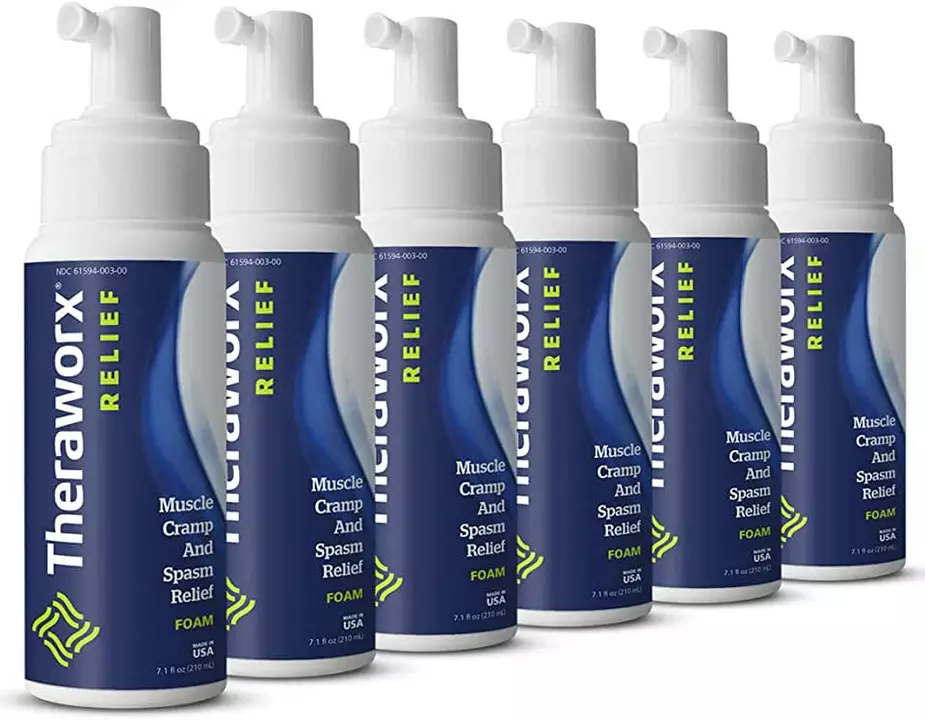Aspirin: What It Does and How to Use It Safely
One low-dose aspirin a day can lower your risk of a heart attack — but the same pill can also cause serious bleeding. If you're thinking about aspirin for pain or heart protection, you need straightforward facts, not confusion.
What aspirin is used for
Aspirin is a pain reliever and fever reducer. It also thins platelets in your blood, which helps prevent clots. That antiplatelet effect is why doctors sometimes recommend a daily low dose to reduce heart attack or stroke risk in certain people.
Common uses:
- Pain relief (headache, muscle pain, menstrual cramps)
- Fever reduction
- Long-term low-dose use to prevent heart attack or stroke in some patients
How much to take and how often
For heart protection most guidelines use a low dose: about 75–100 mg daily (often 81 mg in the U.S.). For short-term pain relief, typical doses are 325–650 mg every 4–6 hours as needed. Do not exceed 4 grams (4000 mg) in 24 hours without medical advice.
Enteric-coated pills may ease stomach upset for some, but they do not remove bleeding risk. Always follow your doctor’s dose, especially if you take other heart or blood medicines.
Risks and important interactions
Aspirin can cause stomach irritation and increase bleeding risk. Watch for black stools, bloody vomit, heavy nosebleeds, or sudden bruising. Overdose signs include ringing in the ears (tinnitus), dizziness, rapid breathing, or confusion. Seek emergency help if these occur.
Key interactions to know:
- Anticoagulants (warfarin, apixaban, rivaroxaban): combined use raises bleeding risk.
- Other NSAIDs (ibuprofen): can blunt aspirin’s heart protection if taken regularly; spacing doses may matter.
- SSRIs and SNRIs (some antidepressants): can increase bleeding risk when combined with aspirin.
- Alcohol: daily drinking raises stomach-bleeding risk.
If you have a history of stomach ulcers, bleeding disorders, or severe liver disease, ask your doctor before using aspirin.
Before surgery or dental work, many doctors advise stopping aspirin about 7 days beforehand because platelets need time to recover. But if you take aspirin for a recent stent or a known heart condition, don’t stop it without medical approval.
Kids and teens should generally avoid aspirin because of the risk of Reye’s syndrome after viral illnesses. Use acetaminophen or ibuprofen for fevers in children unless a doctor says otherwise.
Practical tips: take aspirin with food to reduce stomach upset, tell every clinician you're on aspirin, and review all medicines (including supplements) with your provider. If you're unsure whether aspirin is right for you, ask your doctor for a quick risk-vs-benefit check tailored to your health.

Aspirin and muscle cramps: Can it help relieve this common discomfort?
Apr 27, 2023, Posted by Mike Clayton
I recently came across an interesting topic about aspirin and muscle cramps. It got me thinking, can aspirin actually help relieve this common discomfort? From what I've learned, it seems that aspirin may provide some relief due to its anti-inflammatory and pain-relieving properties. However, it's essential to consult a doctor before using aspirin for muscle cramps, as other factors might contribute to the problem. Overall, aspirin might be a helpful solution, but it's crucial to understand the underlying cause of muscle cramps and seek professional advice.
MORESEARCH HERE
Categories
TAGS
- treatment
- online pharmacy
- dietary supplement
- side effects
- generic drugs
- medication adherence
- medication safety
- health
- dietary supplements
- health benefits
- online pharmacy Australia
- generic substitution
- adverse drug reactions
- thyroid disorders
- gabapentin
- treatment option
- calcipotriol
- blood pressure
- erectile dysfunction
- closer look
